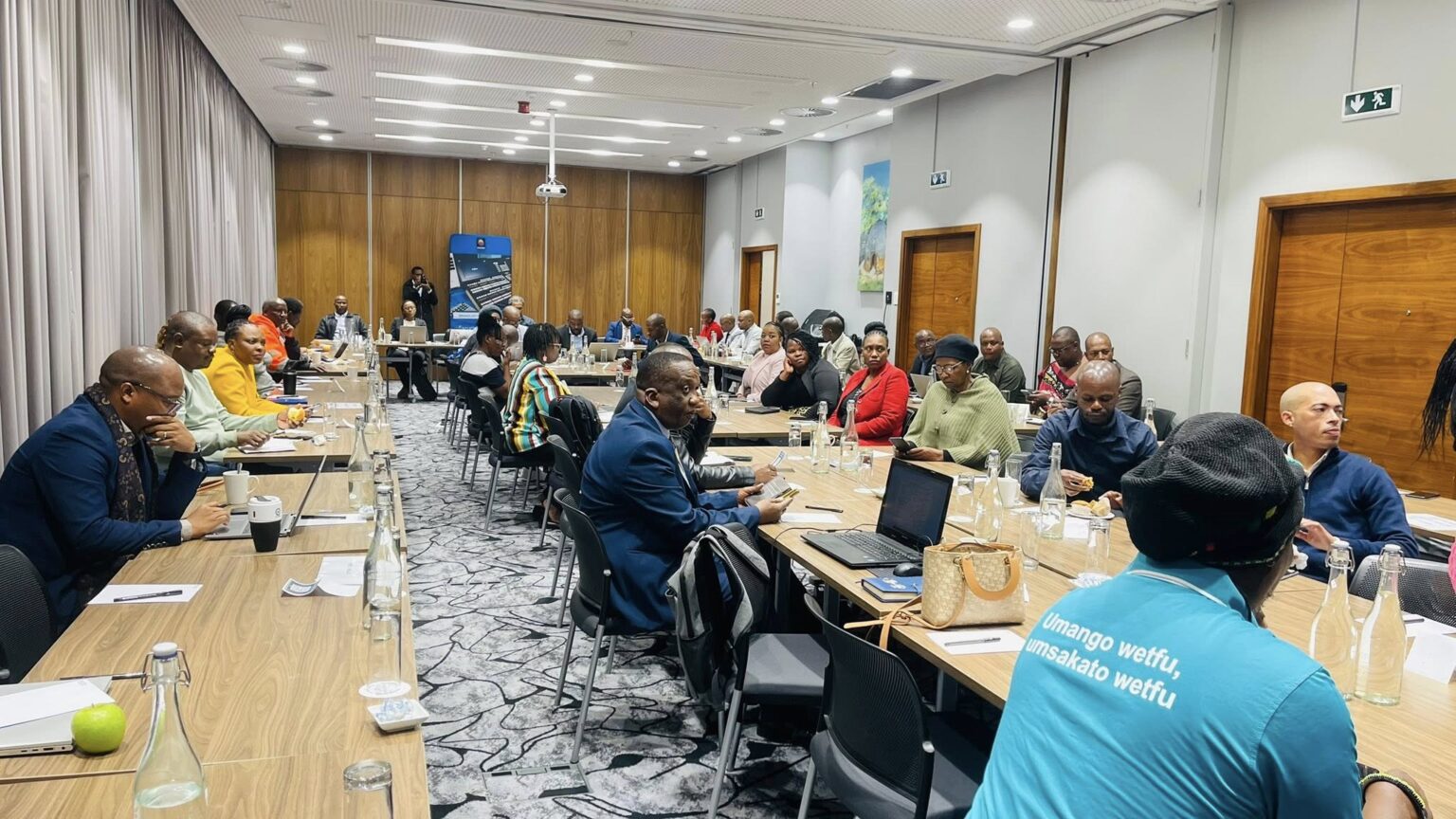Broadcasters in uproar over proposed ESCCOM licence fees: “This will kill local media”

A wave of concern and resistance swept through Eswatini’s media landscape on Thursday, as stakeholders strongly opposed the Eswatini Communications Commission’s (ESCCOM) proposed broadcasting licence fee structure.
During a heated consultation session at the Hilton Garden Inn in Mbabane, media professionals, economists, and community leaders raised red flags over the financial weight of the new licensing framework.
Under the proposal, broadcasters could pay up to E500,000 annually or 6% of their annual turnover—whichever is higher—alongside a mandatory 2% contribution to the Universal Access and Service Fund (UASF).
“This is not welcoming to new entrants. We are killing Emaswati with these fees,” warned economist Thembinkosi Dube.
“If this is from an indigenous Liswati trying to come in, it is going to kill them.”
Dube also urged ESCCOM to consider offering tax holidays to new broadcasters and to study the long-term effects of the proposed pricing model.
The proposed structure sets initial registration for a Digital Terrestrial Television Network Service at E100,000.
A Temporary Television Broadcast licence would cost E2,000, while standard DTT licences—public, commercial, cable, or Pay TV—would require E50,000 upfront. These fees exclude the renewal costs due every 10 years.
Annual operational fees vary: public or commercial DTT broadcasters would owe either E300,000 or 6% of revenue, cable TV providers E400,000 or 6%, and regional community stations E30,000 or 6%—all plus the 2% UASF fee.
Channel Yemswati director Qhawe Mamba lamented the financial burden: “Where are we expected to get E300,000 from? We are competing with someone who has a cellphone.”
ESCCOM officials, including Technical Services Director Thulani Fakudze and Broadcasting Specialist Sibusiso Ndzabukelwako, fielded a barrage of questions from stakeholders who described the fees as “exorbitant” and “unsustainable.”
Fakudze defended the pricing model, citing 2022 market statistics as its basis.
Concerns extended beyond cost.
Eswatini Community Radio Network Coordinator Ambrose Zwane questioned the 25km broadcast radius cap for community stations.
“Similar limitations in other countries have driven community radios out of business,” he said.
Sbuko Acres Creative Director Mangaliso Dlamini criticized the unchecked flow of international advertising into Eswatini. “South African and global advertisers are entering our market for free.
If we regulate them, their contributions could help subsidize local media.”
Despite the criticism, not all feedback was negative.
UNESWA Journalism Department head Ncobile Dlamini-Ndzinisa praised the decision to exempt non-profit community stations like UNESWA FM from some of the commercial licence burdens.
The consultations revealed deep-rooted frustrations in the sector, with stakeholders urging ESCCOM to rethink its approach before the proposals become policy.
About The Author
dailymailafric
I am an avid African news observer, and an active member of Daily Mail Africa.
I’m Passionate about staying informed on diverse topics across the continent,
I actively contribute to publishing on political, economic and cultural developments in Africa.



